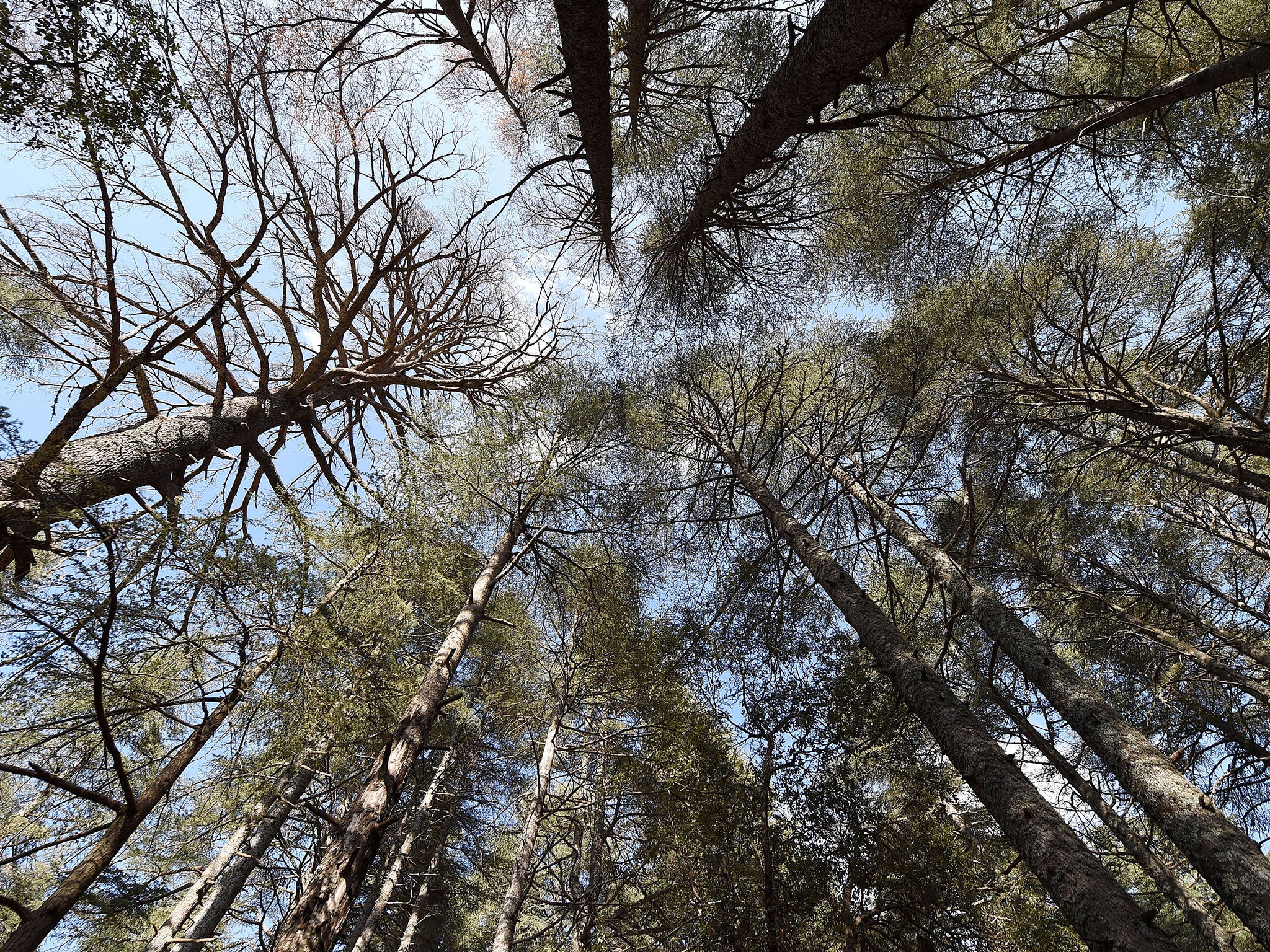Pan-African pledge to restore forests by planting 100 million hectares of trees wins $1.5bn backing
'African countries, which bear the least historic responsibility for climate change, are showing leadership with ambitious pledges to restore land, says Andrew Steer of the World Resources Institute

Your support helps us to tell the story
This election is still a dead heat, according to most polls. In a fight with such wafer-thin margins, we need reporters on the ground talking to the people Trump and Harris are courting. Your support allows us to keep sending journalists to the story.
The Independent is trusted by 27 million Americans from across the entire political spectrum every month. Unlike many other quality news outlets, we choose not to lock you out of our reporting and analysis with paywalls. But quality journalism must still be paid for.
Help us keep bring these critical stories to light. Your support makes all the difference.
More than a dozen African governments pledged at the United Nations climate talks to restore the continent’s natural forests, tree by tree.
The earth has lost more than half its forests over the course of human history, and tropical deforestation has contributed to climate change by producing up to 15 per cent of global carbon emissions, says the World Resources Institute.
The AFR100 initiative is a pledge by African nations to restore up to 100 million hectares of forest – 386,000 square miles – by 2030. “As the world forges a climate agreement in Paris, African countries, which bear the least historic responsibility for climate change, are showing leadership with ambitious pledges to restore land,” said the institute’s president and chief executive, Andrew Steer.
15%
of global carbon emissions results from the loss of tropical forests
Wanjira Maathai, who chairs the Green Belt Movement founded by her late mother, the Kenyan Nobel Peace Prize Laureate Wangari Maathai, said the “truly inspiring, continent-wide” drive to restore landscapes “will empower and enrich rural communities while providing downstream benefits to those in cities. Everybody wins.”
At the global landscapes forum at the UN climate talks, the World Bank and the German government and other partners set aside more than $1bn (£661m) in development funding and $540m in private funding for the African reforestation.
Join our commenting forum
Join thought-provoking conversations, follow other Independent readers and see their replies
Comments